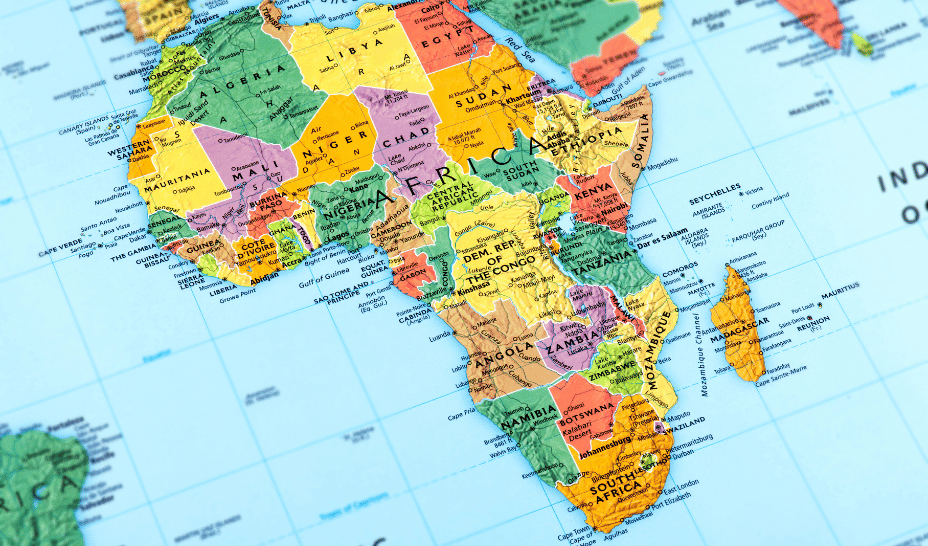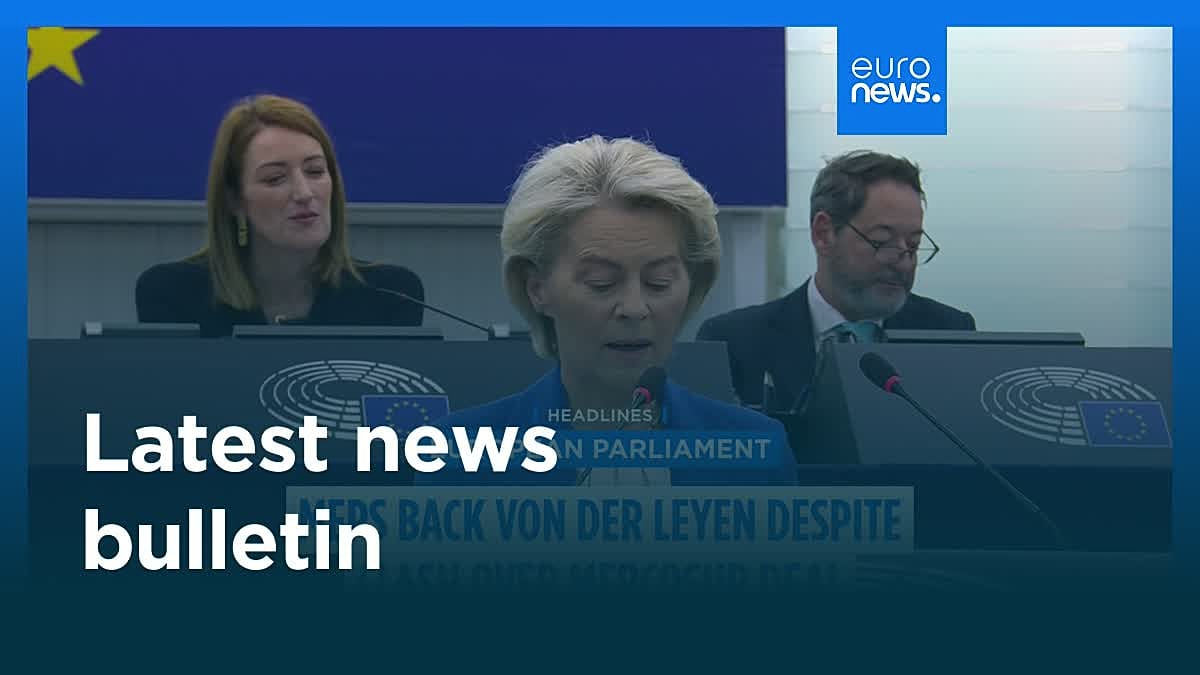Beyond the Atlantic: Why European startups should consider Africa for their next expansion

When people learn that I help European scaleups expand into African markets, the reaction is often a mix of curiosity and scepticism. One of the first questions that comes up is whether this kind of expansion risks repeating patterns of colonialism. It’s a fair concern and one that deserves thoughtful reflection. But the reality on the ground is far more complex. European startups are already building meaningful operations across the continent, solving real problems, and having real impact.
When European founders contemplate international expansion, they typically follow well-trodden paths. Spanish startups look to Latin America, UK companies cross the Atlantic, while Germans aim to capture “DACH”. Italian founders are mostly absent abroad – honestly, why leave la Dolce Vita? (Being Belgian-Italian, I’m allowed this joke!)
But what about Africa? While the German VC and startup scene has been quietly over-wintering in Johannesburg for years, most European startups haven’t seriously considered the continent for strategic expansion. This represents a missed opportunity.
A $2.8 Trillion Leapfrogging Opportunity
Africa’s combined GDP stands at $2.8 trillion in 2024, representing the economic output of 1.4 billion people. The “Big Five” – South Africa, Egypt, Algeria, Nigeria and Ethiopia – account for half of Africa’s entire GDP, offering European startups substantial strategic entry points.
What makes Africa particularly compelling is its potential for technological leapfrogging. Having been part of the management team behind Lazada in Southeast Asia during the 2010s, I witnessed firsthand how commerce leapfrogged from offline directly to mobile-first, completely skipping the desktop phase. Africa is experiencing similar transformations across multiple sectors.
If you want to understand Africa’s digital leapfrogging, just look at mobile money. M-Pesa, launched in Kenya in 2007, now moves sums exceeding half the country’s GDP – proof that, in Africa, your phone really is your wallet. By 2020, sub-Saharan Africa was handling 64% of all global mobile money transactions, totalling $490 billion. For any fintech – think Revolut, now eyeing South Africa – a web of partnerships with mobile operators such as Airtel, Orange Money, and MTN is essential to plug into the continent’s financial ecosystem.
The renewable energy sector offers another leapfrogging opportunity. Africa has the world’s richest solar resources, but has only installed 19 gigawatts of solar power, or less than 1% of the global total. The International Energy Agency projects solar power could become the largest electricity source in Africa by 2040. And with Spain still investigating the cause of its recent blackout, Africa’s shift toward decentralised, off- or mini-grid solar is starting to look especially interesting.
Lessons from European Pioneers
To better understand how European companies succeed in Africa, I spoke with three scale-ups that have already made the move. Their experiences show what works and what doesn’t.

Understanding the Local Market: Spotify
In 2025, Spotify became Europe’s first tech company to surpass a $100 billion market cap since SAP, proving that European innovation can scale globally while staying rooted locally. Before joining the elite club of tech giants, it needed to prove it could capture the global paid music segment, including in emerging markets. For a direct-to-consumer business with a freemium model, I sense this is an even more crucial data point in the company’s equity story.
In a conversation, Claudius Boller, Spotify’s former Managing Director for MENA and SSA (Sub-Saharan Africa), explained how Spotify’s strategy in Africa was defined by deep localisation rather than rapid expansion. Instead of applying a one-size-fits-all strategy, the company studied diverse market realities, from payment systems to device limitations, before deciding where and how to operate. For example, Spotify launched a lightweight app tailored for slower networks and entry-level smartphones. Pricing was adjusted, offering monthly subscriptions below $2.50, with payment options such as Kenya’s M-Pesa integrated.
Claudius stressed that Africa’s mobile-first and fast digital adoption environment creates fertile ground for hyper-growth, but only if companies invest in authentic localisation. Success is not just about product features; it demands cultural relevance and infrastructure adaptation.
Succeeding Through Partnerships: Ebury
That same lesson is reinforced by Esther Illana, Chief Strategy Officer at Ebury, a B2B fintech in cross-border payments and currency management. She emphasises strategic partnerships and on-the-ground collaboration as key to unlocking growth and building trust.
Ebury adopted a partnership-first approach to entering Africa, teaming up with local payment specialists such as dLocal to navigate the continent’s complex regulatory and banking landscape. This strategy enabled Ebury to quickly offer cross-border payment solutions tailored to African businesses and SMEs, while building relationships with local commercial teams, clients and partners.
Investing for the Long Term: Glovo
Earlier this year, I moderated a panel on tech in Africa with William Benthall, Glovo’s Director of Public Affairs, and I knew I’d tap him for more insights. William shared how Spain-born Glovo made Africa a strategic pillar of its growth. The company now operates in six countries, with Nigeria emerging as its most promising market, even as it exited Ghana in 2024 due to local challenges.
Glovo’s B2C platform enables users to order groceries, retail, electronics and more, and has helped African businesses generate over €1 billion in sales to date. Of those sales, 90% went to SMEs, demonstrating the platform’s impact on local entrepreneurship and economic growth.
William highlights that Glovo’s success in Africa stems from continuous investment, local hiring and leadership development to accelerate digitalisation and reach new markets across the continent. To support this growth, Glovo recently launched its Africa Graduate Program, offering future leaders a year-long, multi-country professional development journey.
All three companies succeeded by adjusting to local needs instead of copying what worked in Europe. They built partnerships, adapted their pricing, and developed solutions tailored to African markets.
Tech as a force for good
When we talk about European expansion into Africa, geopolitical considerations have become more urgent as global powers compete more openly for influence across the continent. The Democratic Republic of Congo (DRC) exemplifies this power dynamic. Chinese state-owned firms control 80 per cent of DRC cobalt output, with 7 billion US dollars in new infrastructure loans from China further cementing that dominance in 2024. In response, the DRC is seeking “better and more diversified investors,” recently signing a US minerals-for-security deal. The deal, like the US-Ukraine one, remains ambiguous and raises doubts about whether the Trump administration can commit to resolving yet another complex conflict.
Unlike extractive relationships, a sustainable approach in Africa relies on long-term partnerships, investing in local talent, empowering regional leaders and co-creating business models adapted to African markets. By emphasising knowledge transfer and genuine collaboration, European startups can unlock the continent’s potential and create shared, lasting value. If talent is equally distributed, startups can provide the nudge needed for everyone to reach their full potential.
Africa’s young, digital-first population and leapfrogging potential offer growth opportunities that increasingly saturated Western markets cannot match. As geopolitical tensions reshape global trade relationships, European-African partnerships will only grow in importance for both continents’ futures. The question is no longer whether this engagement will happen. It is already underway. The real question is whether it will be approached thoughtfully and sustainably.
The post Beyond the Atlantic: Why European startups should consider Africa for their next expansion appeared first on EU-Startups.





























![Vanguard Dumps £1.85bn UK Assets Despite Government Pressure [Pension Revolt]](https://europeanbusinessmagazine.com/wp-content/uploads/2026/01/Vanguard.png)

















